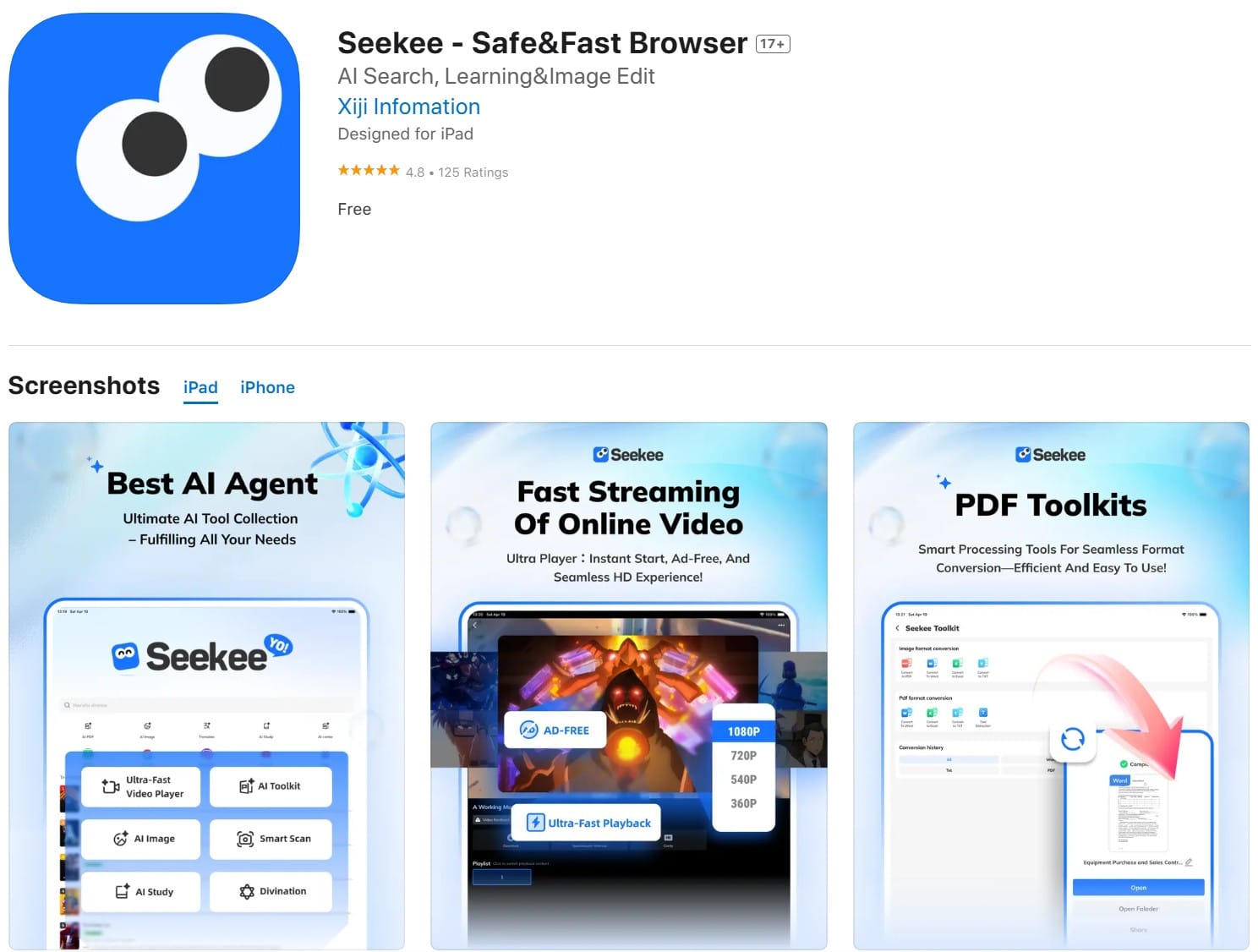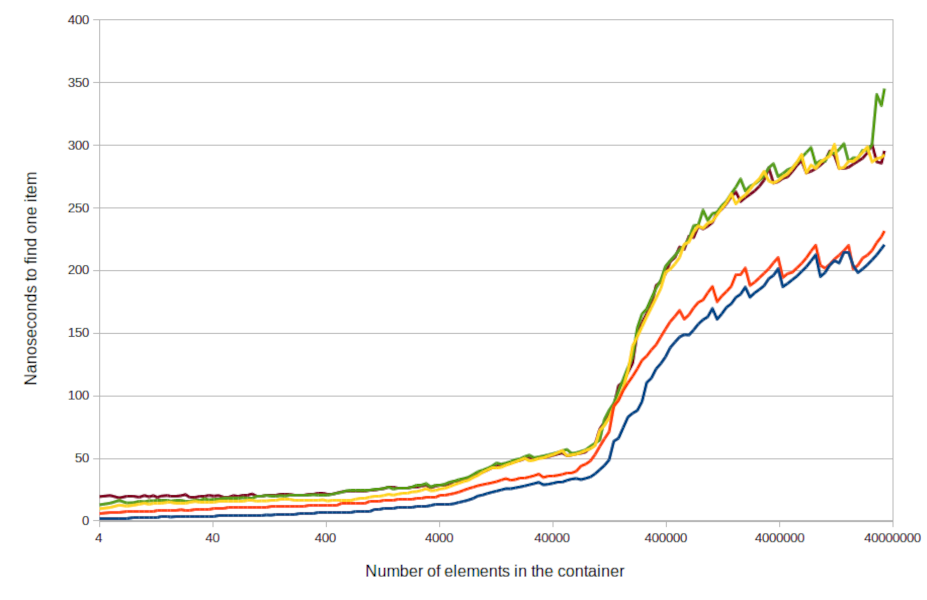Impacts of Recent Developments on Privacy and Security in the U.S.

As the Trump administrations stringent immigration policies gain momentum, concerns surrounding privacy and security have surged, particularly regarding the scrutiny of travelers mobile devices when entering the United States. U.S. Customs and Border Protection (CBP) agents possess extensive authority to conduct searches on travelers' phones and other electronic devices. This has led many individuals to reevaluate their approach to privacy, especially during international travel. Travelers are advised to take precautionary measures, such as deleting sensitive applications from their personal devices or utilizing a secondary phone specifically configured for international trips.
In a related context, operatives associated with Elon Musks controversial Department of Government Efficiency (DOGE) have been actively infiltrating U.S. government systems since the inauguration of the Trump administration. Recent reports have illuminated the specifics of these systems and the type of data they contain regarding U.S. residents. A detailed article by WIRED revealed that DOGE operatives currently have access to 19 different systems within the Department of Health and Human Services (HHS), raising alarms about the potential implications for privacy and data security.
Meanwhile, the Vatican is bracing itself for a significant transition following the passing of Pope Francis at the age of 88. His death triggers a conclavea secretive assembly designed to elect the next pope. To preserve the integrity of this vital process and to guard against unauthorized disclosures, the Vatican will implement an array of stringent security measures. These measures will include the installation of privacy films on windows, deployment of signal jammers, and thorough sweeps to detect hidden microphones, all essential to ensuring that the deliberations remain confidential.
In technology news, Google has recently made strides in enhancing security with the initial rollout of end-to-end encrypted email for Google Workspace accounts. This development is particularly beneficial for enterprise-level users who require secure communication. In instances where a Workspace user sends an email to a non-Workspace account, the recipient is invited to create a guest account to access the encrypted email. However, security experts have voiced concerns that this new feature may inadvertently provide scammers with fresh opportunities to launch phishing attacks, luring unsuspecting users with fraudulent invitations.
Additionally, we continue to monitor and compile significant developments in the realms of security and privacy that may not have been covered in-depth. Click on the headlines for further insights, and remember to remain vigilant regarding your digital safety.
In a scandal that refuses to fade, U.S. Secretary of Defense Pete Hegseth has drawn attention due to his use of the messaging application Signal. Reports from The Washington Post revealed that Hegseth installed Signal on a secondary computer in his office, allowing him to communicate securely within classified settings where personal electronics are prohibited. Further investigation by the Associated Press disclosed that Hegseth had procured a second internet connection that bypassed the Pentagons secure network, enabling him to utilize Signal more freely. Compounding the situation, The New York Times unearthed that the phone number linked to Hegseths Signal account is easily discoverable online, posing a potential risk of cyberattacks from adversarial entities.
Despite ongoing law enforcement efforts to tackle online crime, cybercriminals are reportedly operating at unprecedented scales and generating record-breaking revenues. Two recent reports illustrate the alarming extent of online criminality. According to the FBIs Internet Crime Complaint Center, U.S. businesses and individuals suffered losses amounting to $16.6 billion due to online crimes last year, marking the highest figure ever recorded and a substantial increase of 33 percent compared to 2023. In 2024 alone, there were 859,532 reported complaints related to potential online crimes, with phishing and spoofing complaints accounting for approximately 193,000 of those, alongside 86,000 complaints related to extortion. Investment scams, particularly those involving cryptocurrency, accounted for over $6 billion of these losses, with business email compromise scams leading to an additional $2.7 billion in losses.
Simultaneously, the United Nations Office on Drugs and Crime has shed light on the distressing situation in Southeast Asia, where large-scale scam operations are thriving. Victims of human trafficking are being coerced into working for these scam operations, which are reported to generate around $40 billion annually. These industrial-scale scams, often linked to organized crime in China, primarily rely on investment scamssometimes referred to as 'pig-butchering'to defraud individuals of their life savings, and they are expanding their reach beyond the region. Benedikt Hofmann of the UNODC stated, It spreads like a cancer, highlighting the urgent need for international cooperation to combat this growing issue.
In a notable shift, Google had previously announced in 2020 that its Chrome browser would phase out the use of third-party cookies, which are known for tracking users across the web, and transition to a less invasive model for its advertising strategies. Other web browsers, including Safari, Firefox, and Brave, have already eliminated third-party cookies from their platforms. However, after multiple reversals and criticism regarding proposals that could disproportionately benefit Google, the company has now decided to retain third-party cookies in Chrome. Anthony Chavez, Googles Vice President overseeing its Privacy Sandbox initiatives, stated in a recent blog post, Weve made the decision to maintain our current approach to offering users third-party cookie choice in Chrome. He acknowledged that discussions with stakeholdersincluding publishers, developers, regulators, and the advertising industryrevealed differing viewpoints on potential changes regarding third-party cookies. Amid ongoing antitrust scrutiny, it remains feasible for users to disable third-party cookies or explore alternative privacy-focused browsers.



























